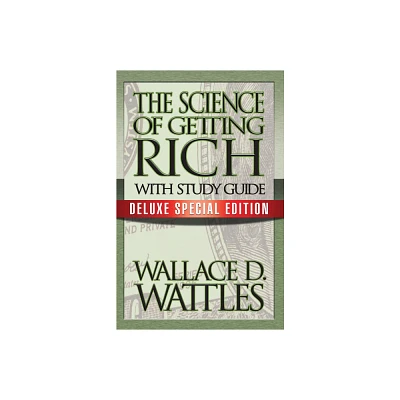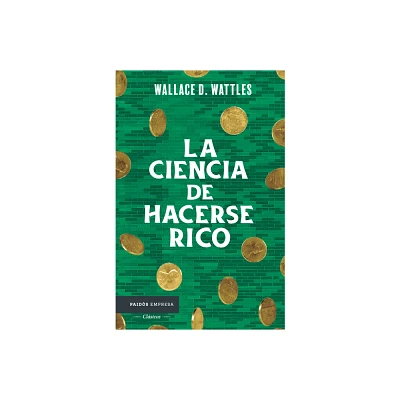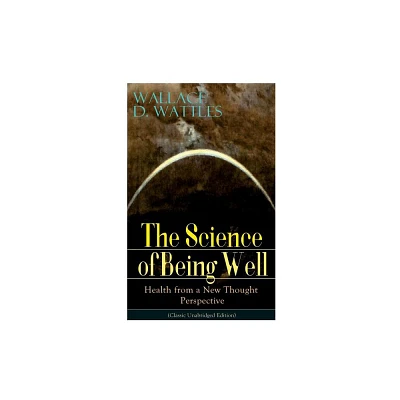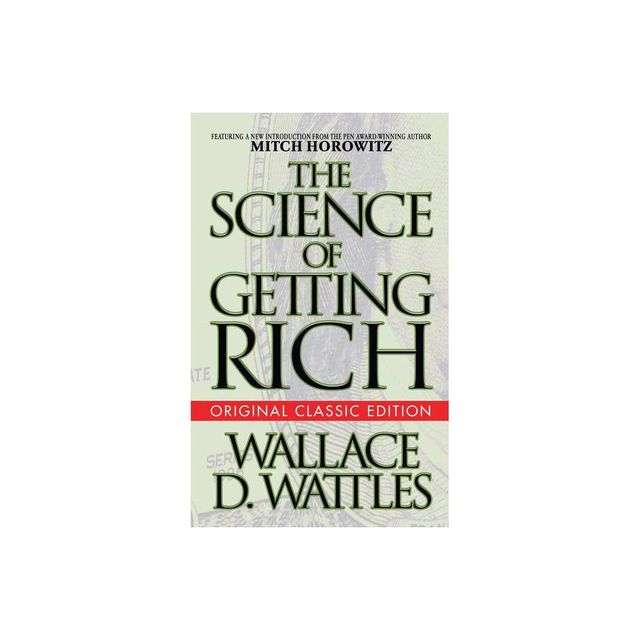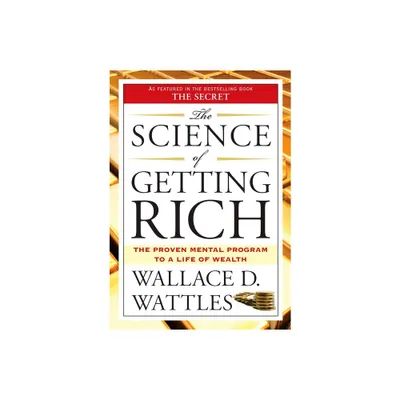Home
The Science of Being Great: Personal Self-Help Book of Wallace D. Wattles (Unabridged): From one of The New Thought pioneers, author of The Science of Getting Rich, The Science of Being Well, How to Get What You Want, Hellfire Harrison, How to Promote You
Loading Inventory...
Barnes and Noble
The Science of Being Great: Personal Self-Help Book of Wallace D. Wattles (Unabridged): From one of The New Thought pioneers, author of The Science of Getting Rich, The Science of Being Well, How to Get What You Want, Hellfire Harrison, How to Promote You
Current price: $8.50


Barnes and Noble
The Science of Being Great: Personal Self-Help Book of Wallace D. Wattles (Unabridged): From one of The New Thought pioneers, author of The Science of Getting Rich, The Science of Being Well, How to Get What You Want, Hellfire Harrison, How to Promote You
Current price: $8.50
Loading Inventory...
Size: OS
*Product Information may vary - to confirm product availability, pricing, and additional information please contact Barnes and Noble
The Science of Being Great is the third volume of a series known as "The Science of" trilogy or "Financial Success Through Creative Thought" by Wallace Delois Wattles. The first two volumes of the trilogy cover money and health, while this third volume is a personal self-help book of the author. He is introducing us to a principle of power and showing us the immense effect of the power of positive thinking. Wallace Delois Wattles (1860-1911) was an American author. As a New Thought writer, he remains personally somewhat obscure, but his writing has been widely quoted and remains in print in the New Thought and self-help movements. Wattles often travelled to Chicago, where he gave "Sunday night lectures" among several leading New Thought authors. He studied the writings of Georg Wilhelm Friedrich Hegel and Ralph Waldo Emerson and recommended the study of their books to his readers who wished to understand what he characterized as "the monistic theory of the cosmos." Wattles' best known work is a 1910 book called The Science of Getting Rich in which he explained how to become wealthy.



